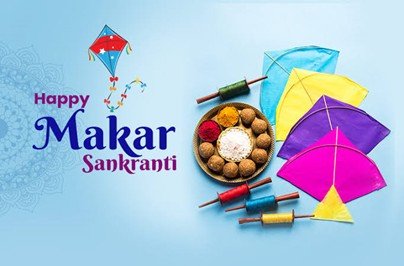Culture Tale- Makar Sankranti

Makar Sankranti is a festival dedicated to Sun God and observed in the month of Magha (January of Gregorian calendar) is a festival of harvest, when the Sun transit into Makara Rashi (Capricorn). It marks the end of the month with the winter solstice and the start of longer days means the end of the winter season and the commencement of spring.
From the Makar Sankranthi, Sun begins to move towards
the northern hemisphere of the earth, which makes the season more pleasant, which is also good for crops and for auspicious celebrations and also nights are
short and days seem long. As we know that India is situated in the northern
hemisphere on earth, so this day has special significance for India.
The festival of Makar Sankranti is celebrated in all parts of India but with different names and every state has its style of traditions to celebrate the festival, but the essence remains the same. In Andhra Pradesh, Sankranti is known as Pedda Panduga, Makar Sankranti in North & Karnataka, Magh Bihu in Assam, Magha Mela in the regions of central and north India, Pongal in Tamil Nadu. It is a spring festival which we enjoy with lots of outdoor activities that keep us close to nature and remind us of how closely we are bonded with our environment. A major highlight on this day is kite flying, colourful kites are flown by kids, and adults alike, in North Karnataka, Maharashtra, Gujarat, etc.
In many regions in Maharashtra, people wear black coloured dresses on Makar Sankranti day. As per Hindu customs and traditions, it is inauspicious to wear black but since it is winter black is worn on the day to keep the body warm. A lot of importance is given to til (sesame seeds) due to the same reason. Sesame seeds (Til) are used to combat the cold in winter, as sesame contains oil which is healthy. So, friends, relatives and neighbours exchange Til Gul on the day and say ‘til gud ghya, gud gud bola’ – let there be only friendship and good thoughts between us. In Uttar Pradesh and Bihar, the festival is celebrated as Khichadi. The celebration is done by pleasant offerings and exchange of lentil mix and rice.
By – Mini
Primary teacher
